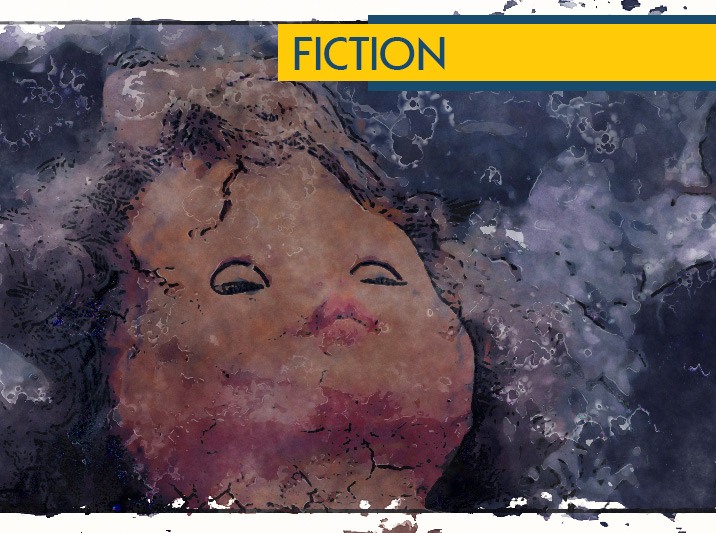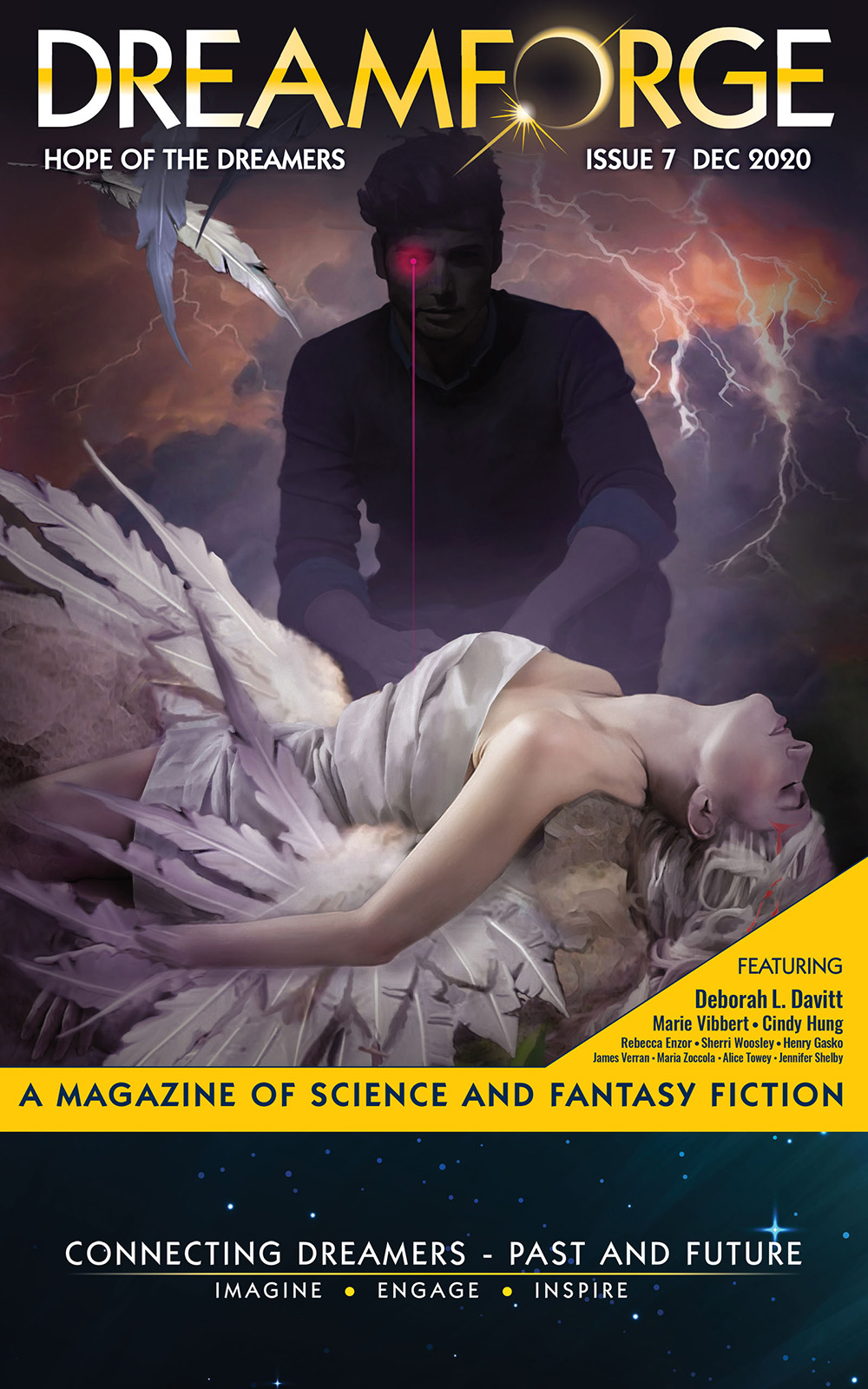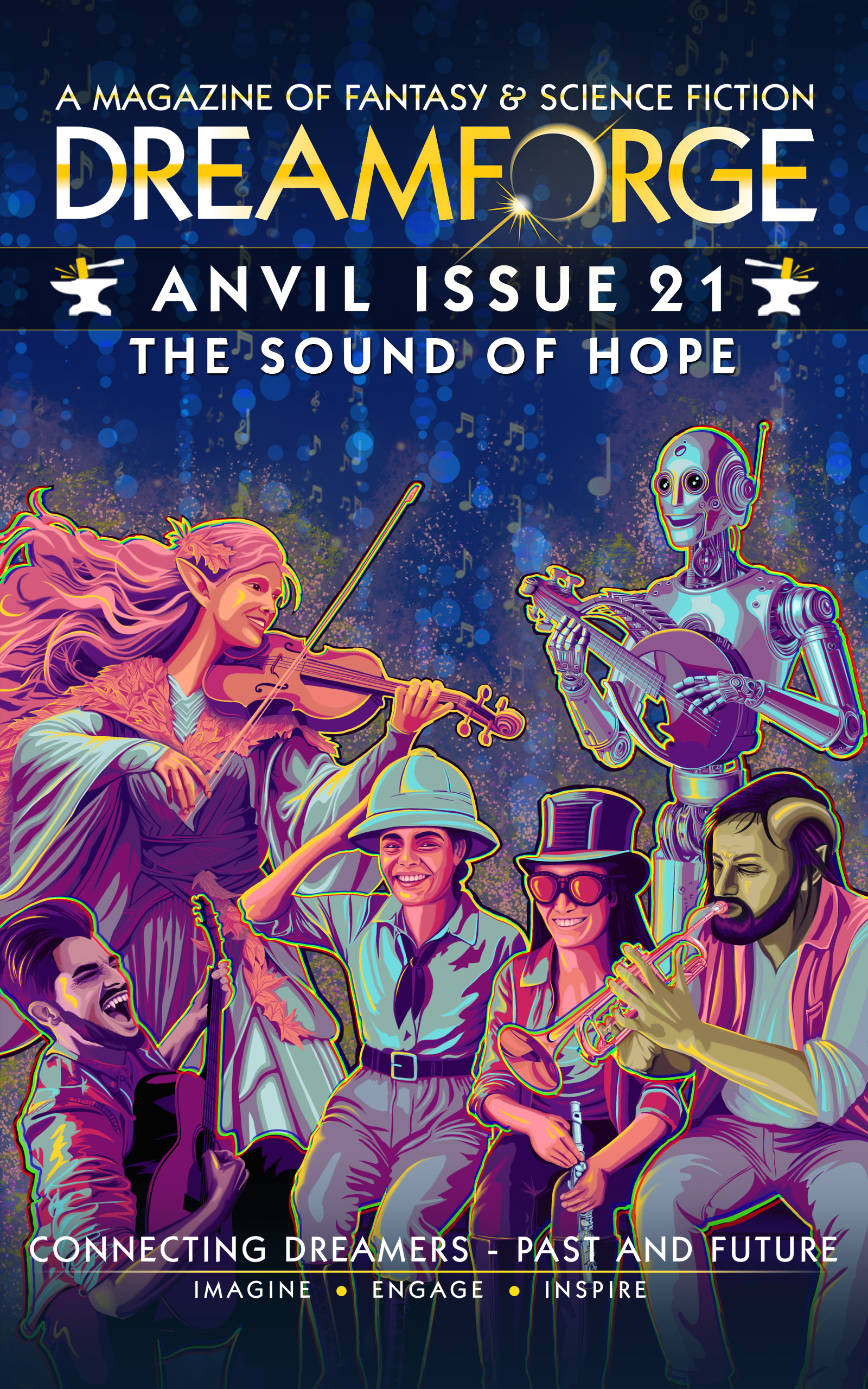
“What is it you find so interesting about these places?” Zil asks.
She’s joined me on these expeditions to Earth so many times, yet she still doesn’t know.
I start to say, “They represent ourselves, our culture, before the arrival. A step —Can we call it a single step? Would we have made it this far alone?— below what we’ve become. A perspective on our evolutionary path. Before we were subsumed into a galaxy of worlds, before we learned the intricacies of physics and energy that make interstellar travel possible, before the uplifting and tethering to a dozen other races, before we received a larger purpose to serve.”
I start to say, “In the space between and within houses, in the disintegration of walls and roofs and floors and furniture as grass and vines and trunks grow, I wonder about those who, when they looked up, saw only sky and unreachable stars.”
I start to say, “Aren’t you curious about how we existed, living when there wasn’t enough, when we destroyed more than we created, when we were animals?”
I start to say, “Because I fear what would happen if we returned to this state,” though ‘fear’ is not the right word.
I start to say, “To remember that we weren’t the monsters back then that they tell us we were.”
It’s all of these reasons, and none of them.
How could she not know?
Maybe I’m too opaque. We’re not so entangled that we’re no longer individuals, though our differences are slight compared to those who lived in this home, this city, this world.
I step over a child’s doll, a representation barely resembling us now. The sound my boot makes on broken glass echoes too loudly in this dead place.
“To feel what we’ve left behind,” I reply, “and what we didn’t.”












